A New Dawn: SABAL’s Legacy of Improved Food Security and Reduced Migration

The SABAL Reflection Cum Conclusion Meeting, held on 16-17 July 2024 at the Divyodaya Pastoral Centre in Khandwa, celebrated a significant milestone in the fight against chronic hunger and malnutrition among the Korku tribal communities in Maharashtra and Madhya Pradesh. Over the past eight years, the SABAL programme has successfully reduced migration for livelihood opportunities and bolstered food security and nutritional well-being for the Korku community.
The gathering brought together Caritas India and its partners, who have worked tirelessly since December 2016 to implement SABAL in 102 Korku-dominated villages across the Amravati and Khandwa districts. Participants were eager to share their experiences and reflect on the programme’s impact.
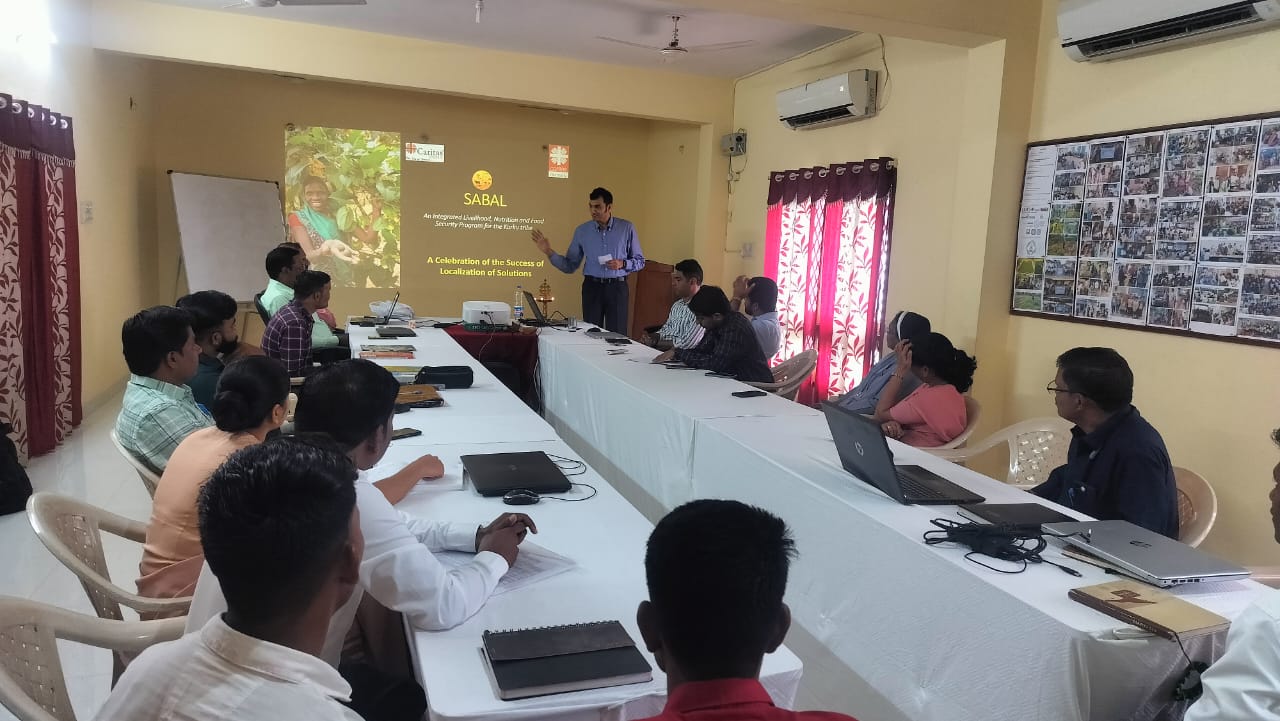
Dr. Saju MK, who has been deeply involved with the programme, opened the discussion by highlighting the programme’s most significant achievement: the substantial reduction in migration for livelihood opportunities. “This change,” he noted, “is a testament to the strength and resilience that the SABAL programme has helped to cultivate within the Korku community.”
The conversation soon turned to the comprehensive strategies employed by SABAL. By integrating crop diversification, protein intake initiatives, grassroots institutional support, access to rights and entitlements, and the preservation of Korku cultural traditions, the programme has addressed the multifaceted issues of hunger and malnutrition. Participants discussed how these interventions have not only improved health outcomes but also created a sense of community ownership and empowerment.
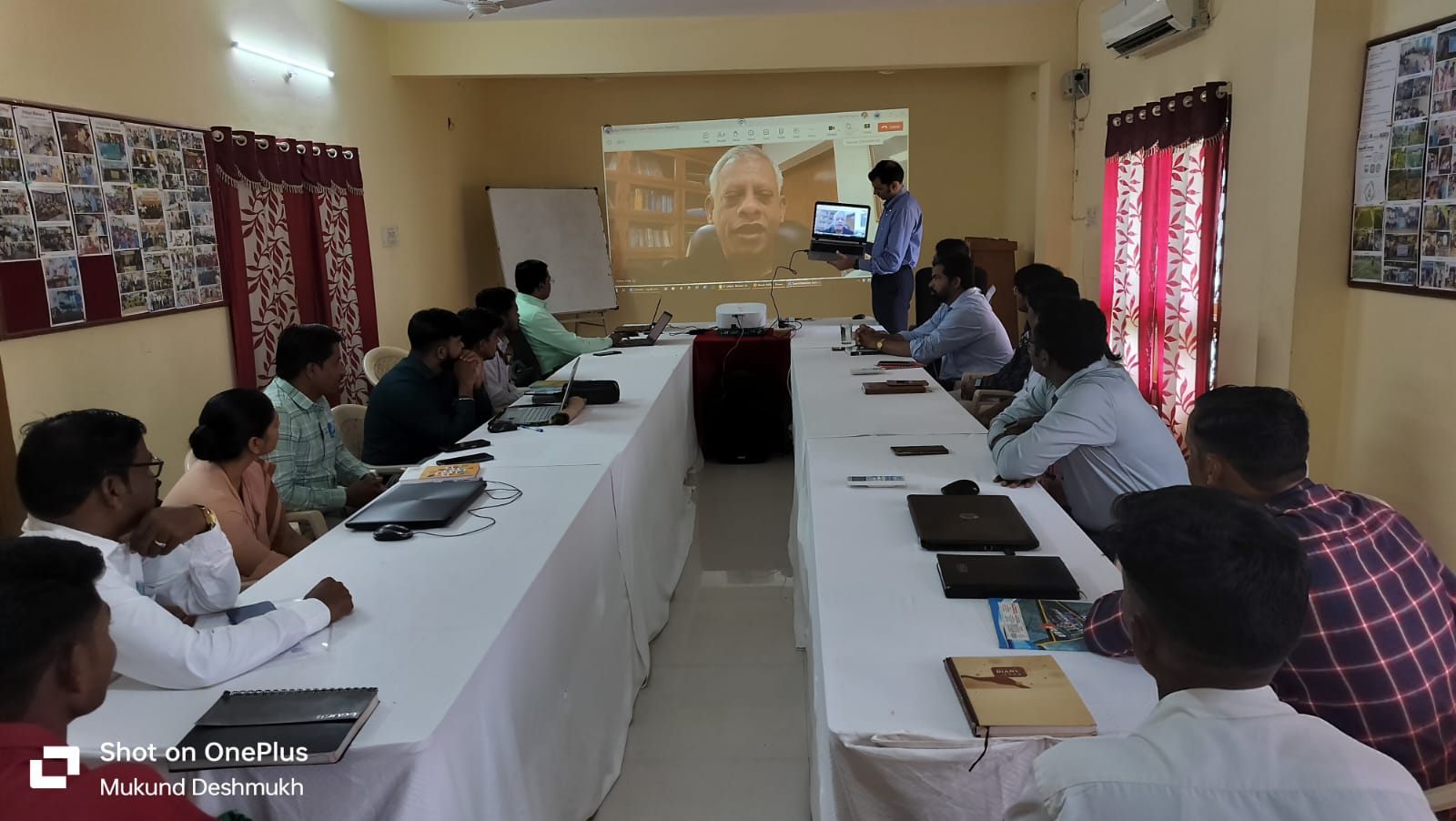
Fr. (Dr.) Jolly Lukose, Director-in-Charge of Caritas India, praised the collective efforts of all involved. “The dedication of our partners and the Caritas India programme team has brought transformative changes. We have seen a revival of localized solutions that are both sustainable and culturally appropriate,” he said. The support from Caritas Germany was also acknowledged as instrumental in driving the programme’s success.
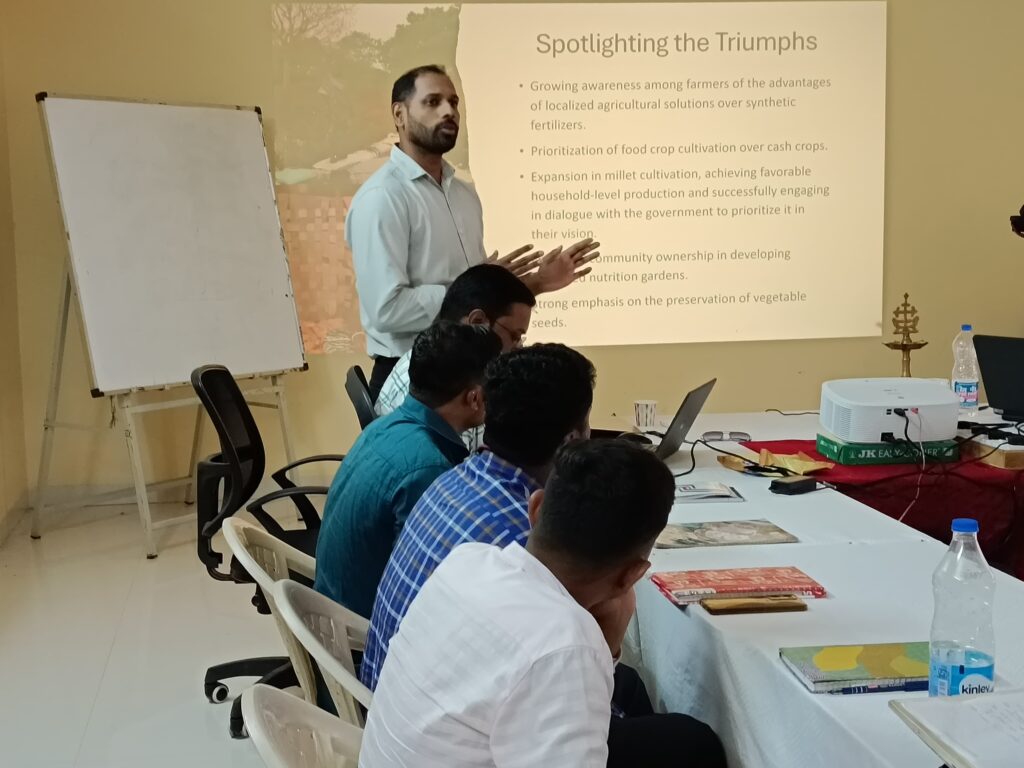
Robin George, Program Lead –SABAL, noted the importance of building on traditional knowledge while introducing new, sustainable practices. He shared poignant photographs capturing key moments from the past eight years, emphasizing how these visual records highlight the community’s journey from vulnerability to resilience.
As the meeting progressed, partners such as Khandwa Diocesan Social Service (KDSS) and Pragati Society shared their insights and achievements. They discussed how the programme’s initiatives have fostered robust coping mechanisms, reducing the community’s vulnerability to external shocks. The successful implementation of the Solar Water Disinfection (SODIS) method, which has significantly improved access to safe drinking water, was particularly highlighted.
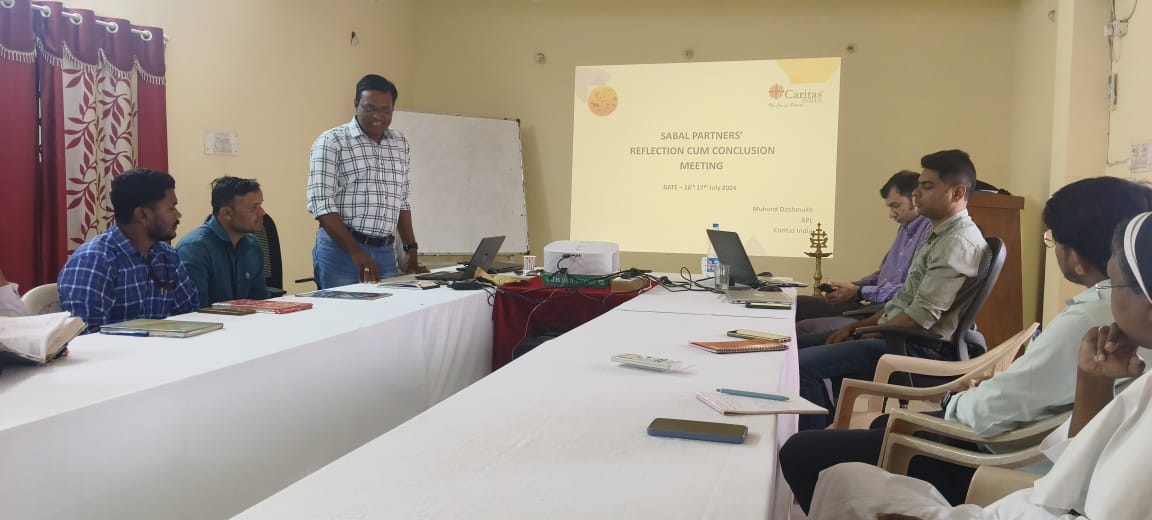
An experience-sharing session facilitated by Dr. Mukund Deshmukh allowed staff members to recount their personal and professional growth through their involvement in SABAL. They highlighted improvements in programme implementation, financial management, and community engagement. The increased confidence in governance and technical skills such as quality reporting and public speaking were notable outcomes discussed.
The dialogue also touched upon the sustainability of SABAL’s impacts. Partners emphasized the importance of continuing to support the Korku community through ongoing programmes and initiatives. Dr Saju facilitated discussions on sustainability plans, where partners outlined measures to ensure that the benefits of SABAL are long-lasting. The consensus was clear: the community’s newfound resilience and empowerment must be nurtured to maintain progress.
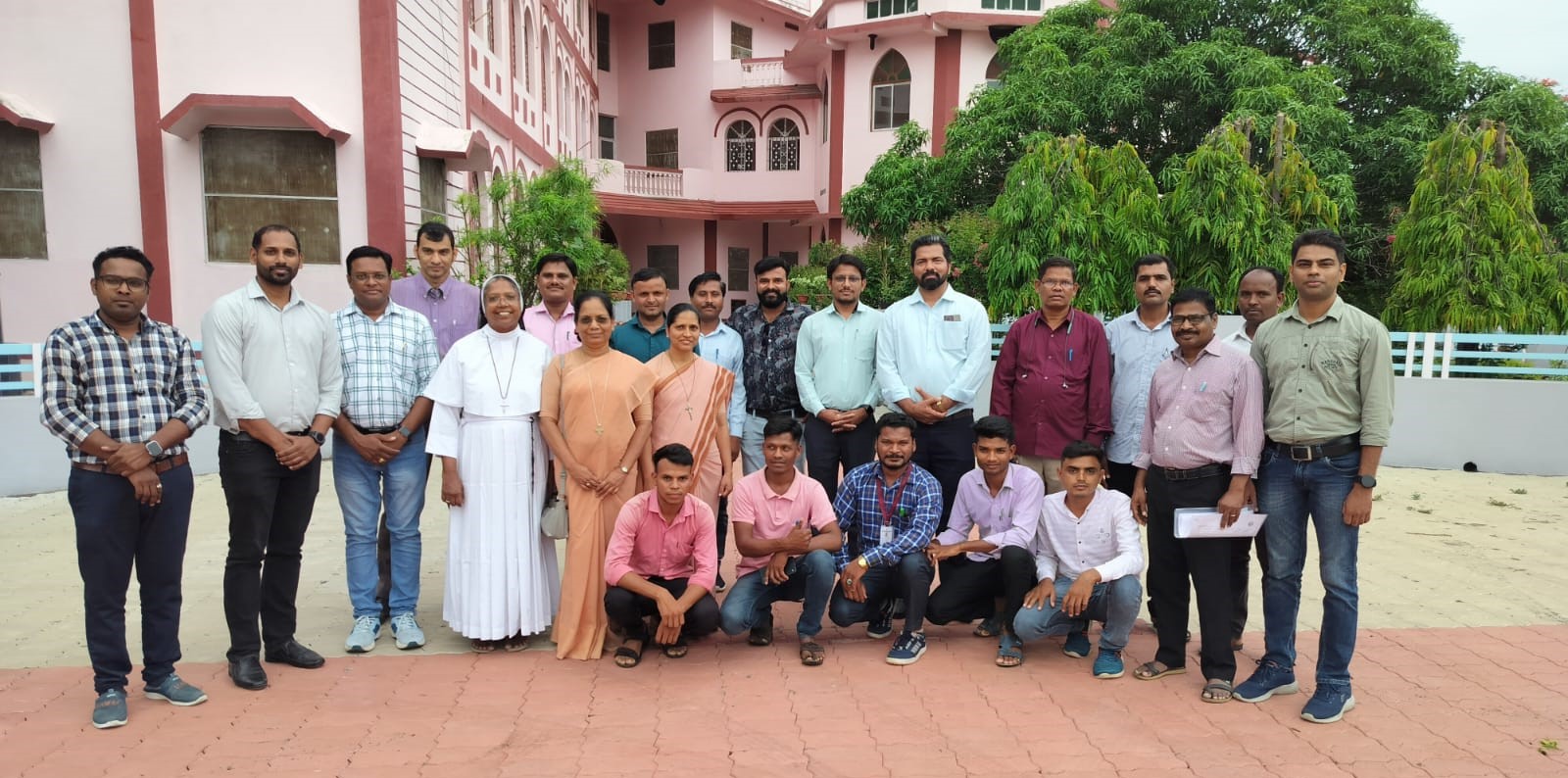
The meeting concluded with a heartfelt vote of thanks by Mr. Soju Mathew, Finance Associate – West Zone, who expressed gratitude to all participants and partners for their unwavering dedication and contributions to the SABAL programme.
As the SABAL programme draws to a close, its legacy of resilience and hope for the Korku community endures. The meeting underscored the power of collaboration and the importance of sustaining the progress made. The journey may have culminated, but the impact of SABAL will continue to inspire and guide future efforts in addressing hunger and malnutrition among vulnerable communities.
Upcoming News
Strengthening grassroots recovery in Wayanad through Safe Within Project
Caritas India strengthened community centred disaster recovery through a four day accompaniment support visit to...
LEARN MOREFlood‑prone communities in Assam and Tripura are better prepared through We4Resilience
The We4Resilience Campaign under Caritas India’s SARAL (Strengthening Adaptation, Resilience and Livelihoods) project, supported by...
LEARN MOREChildren Lead the Fight for Safe Education
In Remhla, a small forest-surrounded village in the Sarguja district of Chhattisgarh, the middle school...
LEARN MORE
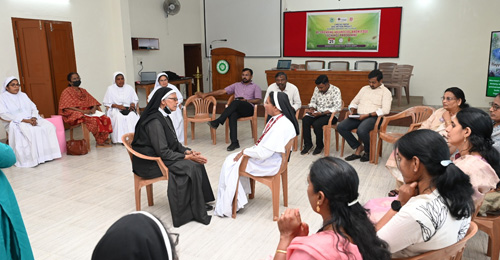
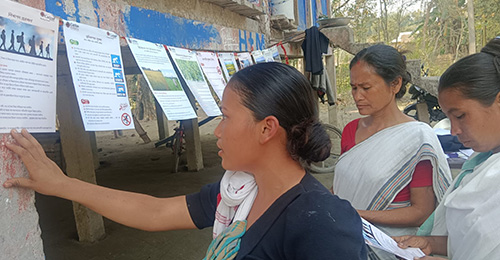
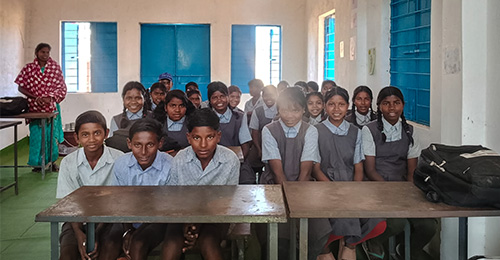
 91 -11 - 2336 3390
91 -11 - 2336 3390  director@caritasindia.org
director@caritasindia.org 